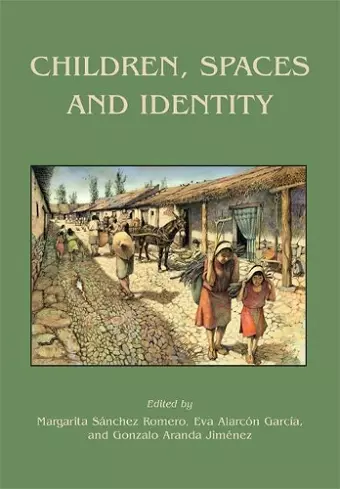Children, Spaces and Identity
Margarita Sánchez Romero editor Eva Alarcón García editor Gonzalo Aranda Jiménez editor
Format:Paperback
Publisher:Oxbow Books
Published:31st Jul '15
Currently unavailable, and unfortunately no date known when it will be back

How do children construct, negotiate and organize space? The study of social space in any human group is fraught with limitations, and to these we must add the further limits involved in the study of childhood. Here specialists from archaeology, history, literature, architecture, didactics, museology and anthropology build a body of theoretical and methodological approaches about how space is articulated and organised around children and how this disposition affects the creation and maintenance of social identities. Children are considered as the main actors in historic dynamics of social change, from prehistory to the present day. Notions on space, childhood and the construction of both the individual and the group identity of children are considered as a prelude to papers that focus on analysing and identifying the spaces which contribute to the construction of children’s identity during their lives: the places they live, learn, socialize and play. A final section deals with these same aspects, but focuses on funerary contexts, in which children may lose their capacity to influence events, as it is adults who establish burial strategies and practices. In each case authors ask questions such as: how do adults construct spaces for children? How do children manage their own spaces? How do people (adults and children) build (invisible and/or physical) boundaries and spaces?
...this monograph is good value with 25 well-crafted chapters […] there is much that can be learned from the attitudes and approaches presented here. * Medieval Archaeology *
ISBN: 9781782979357
Dimensions: unknown
Weight: unknown
384 pages